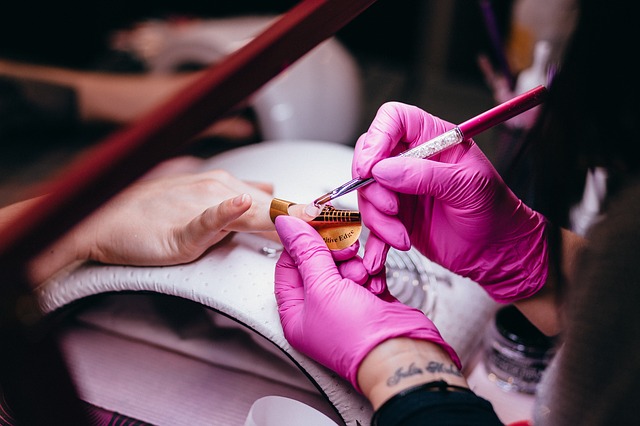.
Of course, they are also necessary for a variety of occupations such as doctors, nurses, deli workers in stores, manicurists, pedicurists, and many others. Our hands carry many pathogensand can cause various infections. We pick up these pathogens in a variety of ways (especially when holding onto poles on public transportation, opening doors at various stores, shaking hands, shaking money, etc.). Of course, we cannot go everywhere wearing disposable gloves, but there are ways to keep our hands clean: We can buy disinfectant gelthat will destroyunwanted bacteria on our hands so we can washwith soap and water[29Even if you cannot wash with soap and water,your hands will remain clean.
[32
Types of disposable gloves .
Latex gloves – Latex gloves, as the name implies, aremade of latex. They are also available without powder and with powder. However, some people are allergic to latex, so they are not for everyone. Latex gloves are the most durable,reliable,and most used. Applications: e.g., medical, cleaning, laboratory.

Nitrile gloves – These are similar to latex gloves, onlylatex-free and can be used by people allergicto latex.and can be used by people who are allergic to latex. It is alsovery resistant to tearing and puncture. Uses: Especially in health care.
Vinyl gloves – Vinyl gloves are disposable glovesand are less durable. They should not be used when in contact with hazardous substances or liquidsbecause they leak. Tend to tear or punctureeasily Uses: Likely to be used in food processing, manicures, and pedicures.

POLYETHYLENE GLOVES – These are very thin glovesand thin films made of
thin film.
Protect health and use disposable gloves when necessary. Disposable gloves do not reduce hand sensitivity. Therefore, there is no concern that the person will not become accustomed to the gloves and will not be able to perform the job properly.